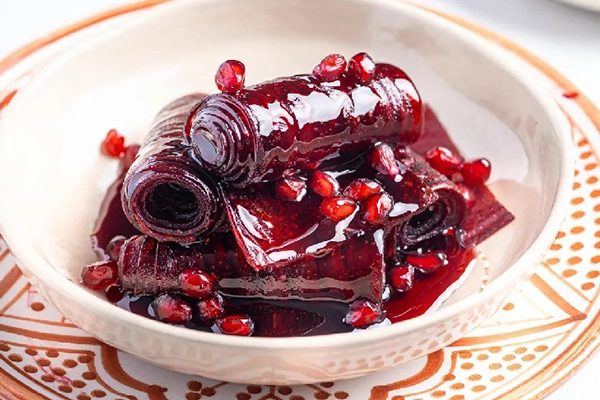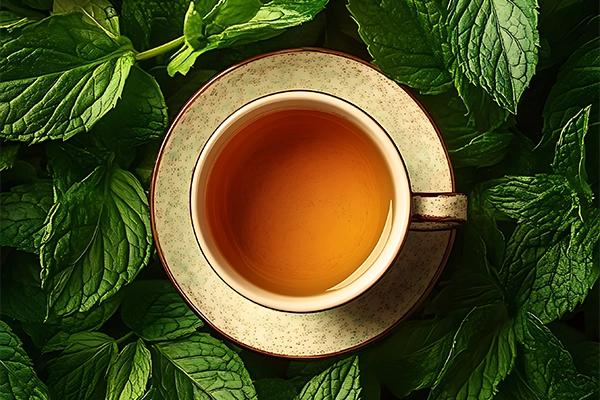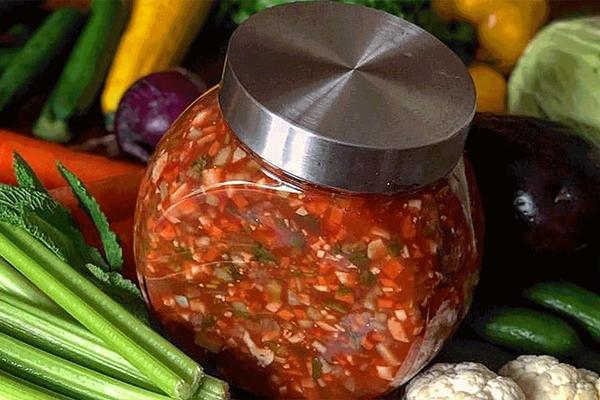In the world of cooking, where flavor and balance play a key role in the success of a dish, simple ingredients like vinegar can make a significant difference. Vinegars are not only used to add sharpness and acidity to food but are also recognized as flavor enhancers, natural preservatives, and even agents that help tenderize the texture of ingredients.
Two of the most popular vinegars in both modern and traditional cooking are rice vinegar and apple cider vinegar—each with unique characteristics, distinct origins, and special applications. But when it comes to choosing between the two, which one should you select? Can one be substituted for the other? What are their main differences?
In this article, we will provide a detailed review and full comparison of these two types of vinegar so that, based on the type of dish, cooking style, and desired outcome, you can make the right choice. Join us in this A Guide to Different Types of Vinegar in Cooking.
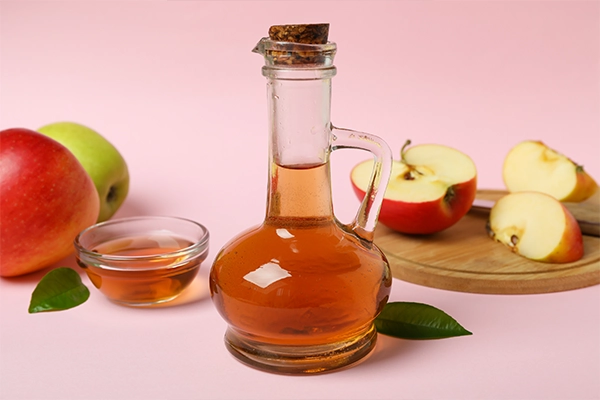
Homemade Preparation of Rice Vinegar
If you are interested in making vinegar at home, understanding the comparison of rice vinegar vs apple cider vinegar in terms of ease and preparation process is essential. Rice vinegar is made through a multi-step fermentation process using rice, water, sugar, yeast, and egg white. The preparation starts by soaking and crushing the rice to extract its starch-rich water, which is then mixed with sugar and allowed to ferment. After several days, the mixture becomes bubbly and slightly effervescent. Finally, it undergoes a clarification process using egg white to yield a clear, smooth, and flavorful liquid.
On the other hand, making apple cider vinegar involves chopping apples, adding sugar, fermenting the mixture, straining, and storing it. Apple cider vinegar has a stronger aroma and sharper flavor compared to rice vinegar. When comparing rice vinegar vs apple cider vinegar, the homemade preparation of rice vinegar is often considered more delicate and requires more attention during the clarification stage to achieve its characteristic lightness.
Culinary Uses
When examining the culinary applications of rice vinegar vs apple cider vinegar, the differences become quite apparent. Rice vinegar is a staple in Asian cooking; it is commonly used in recipes such as sushi, onigiri, pickled ginger, Korean salads, noodles, and vegetable dishes. Its mild flavor enhances these foods without overpowering them. In contrast, apple cider vinegar is frequently used in traditional Iranian pickles, Western-style salads, spicy sauces, meat marinades, poultry dishes, and even detox drinks.
Thus, the choice between rice vinegar vs apple cider vinegar often depends on the cuisine you are preparing and the flavor profile you want to achieve.
Differences in Color and Appearance
Color and appearance also serve as key factors when comparing rice vinegar vs apple cider vinegar. Rice vinegar typically appears clear, pale yellow, or nearly colorless, making it ideal for dishes where the final presentation’s visual purity is important. Apple cider vinegar, on the other hand, tends to have a rich amber or golden-brown hue, which can be visible in dressings or sauces and influence the look of the dish.
This difference makes rice vinegar preferable for recipes requiring a neutral appearance, whereas apple cider vinegar can add both color and flavor to rustic or hearty dishes.
Health Benefits and Nutritional Properties
From a health and nutritional standpoint, rice vinegar vs apple cider vinegar offer different benefits. Apple cider vinegar is well known for its potential to lower blood sugar levels, assist in weight management, act as a disinfectant, and aid digestion. It contains powerful antioxidants and anti-inflammatory compounds. Conversely, rice vinegar is milder and is believed to boost the immune system, improve skin health, reduce blood pressure, and ease digestion gently. Because of its lighter nature, rice vinegar is often recommended for individuals with sensitive stomachs or digestive issues.
Choosing between rice vinegar vs apple cider vinegar should thus take into account your personal health needs and sensitivities.
Use in Pickling
In the realm of pickling, the selection of rice vinegar vs apple cider vinegar is crucial depending on the type of pickle you want to make. Rice vinegar is excellent for quick, mild pickles like pickled radish, Japanese cucumbers, and ginger, which benefit from its subtle acidity and flavor. Apple cider vinegar’s stronger antimicrobial properties make it a better choice for long-term traditional pickles that require more robust preservation.
Hence, understanding the right vinegar to use can make a significant difference in the texture, flavor, and shelf life of your pickled products.
Substitution Possibilities
Many people assume that apple cider vinegar can simply replace rice vinegar or vice versa, but in most cases, this substitution does not yield satisfactory results. Especially in Asian cuisine, using apple cider vinegar instead of rice vinegar alters the final taste dramatically. Therefore, when deciding between rice vinegar vs apple cider vinegar, it is important to follow recipes carefully and consider the flavor profile required.
A careless swap might lead to unexpected sourness or overpowering flavors that detract from the dish’s authenticity.
Food Sensitivities and Special Diets
For individuals with dietary restrictions such as low-acid diets, digestive disorders, or for children, the choice between rice vinegar vs apple cider vinegar can be significant. Rice vinegar’s milder acidity and simpler composition make it a safer and gentler option. In contrast, the stronger acidity and potency of apple cider vinegar might not be suitable for sensitive individuals.
This consideration highlights the importance of matching your vinegar choice with your health requirements and dietary needs.
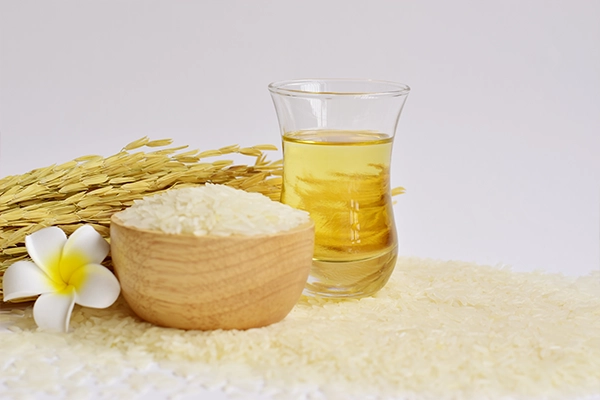
Beauty and Skincare Applications
In the realm of beauty and skincare, the comparison of rice vinegar vs apple cider vinegar reveals interesting differences as well. Apple cider vinegar is popular for its antiseptic properties and pH balancing effect, making it a common ingredient in facial masks and cleansers. Rice vinegar, traditionally used in East Asian skincare routines, serves as a moisturizing and brightening agent, providing a gentler alternative for sensitive skin types.
Choosing between these two vinegars for external use depends on your skin type and desired effect.
Conclusion
In conclusion, the choice between rice vinegar vs apple cider vinegar depends on various factors such as the type of dish, dietary preferences, intended use (culinary or medicinal), and personal taste. If you seek a mild and delicate flavor for Asian dishes, sushi, or light salads, rice vinegar is an exceptional choice. Conversely, if you aim to manage blood sugar, improve digestion, or follow detox regimens, apple cider vinegar with its antioxidant and antibacterial properties might be better suited.
It is essential to be well-informed about the differences between rice vinegar vs apple cider vinegar to make smarter purchasing and usage decisions. If you plan to make rice vinegar at home, sourcing quality ingredients like white rice, sugar, yeast, and glass bottles is critical. For obtaining these essential materials at competitive prices and premium quality, we recommend visiting the Faraz Hypermarket. This store offers a wide range of food ingredients, storage containers, and even ready-made vinegars from reputable brands, ensuring a reliable and convenient shopping experience.
By choosing the right vinegar and sourcing it from trusted suppliers like Faraz Hypermarket, you can elevate your cooking, health, and beauty routines with confidence and satisfaction.
